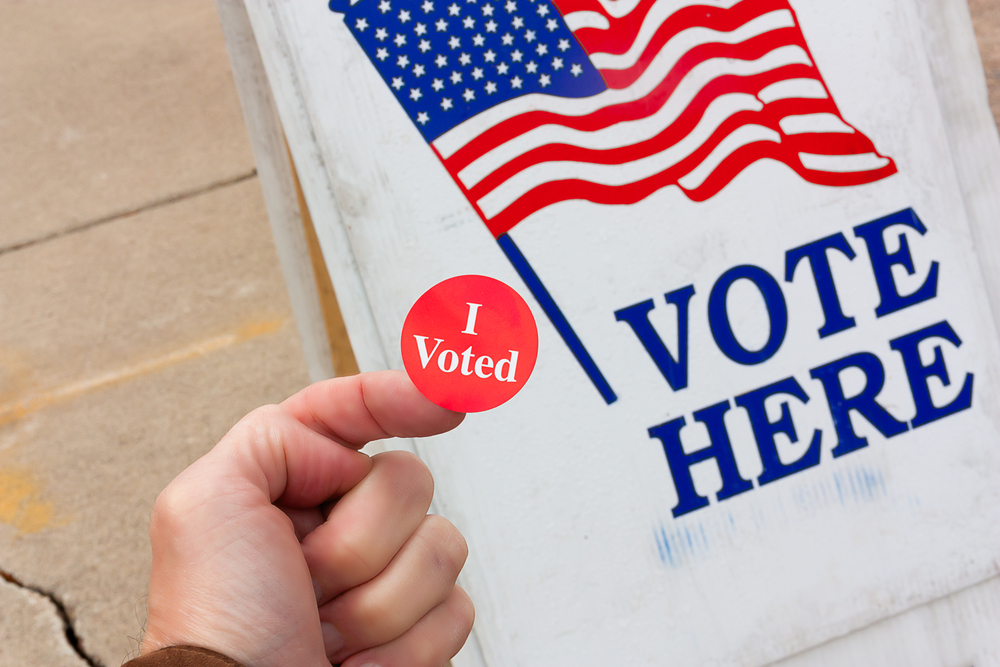Every four years, as Election Day approaches, financial advisors are inundated with clients’ questions about how the election affects their investments—and how their strategies should be modified to account for possible market changes. These concerns are valid, as the stock market’s history can give us insight into how it may react to cyclical events, such as presidential elections. The operative word there being “may,” of course, as we can only tell so much from the market’s patterns.
To help calm your investment fears, we’re sharing a few thoughts on how the election affects the market, and how, or if, you should consider changing your investment strategy.
3 Things to Consider When Investing in an Election Year
1. Analyze Trends, But Don’t Dwell on Them
When we look at past market returns for election years as far back as the 1940s, more often than not, the market was in favorable standing. However, this pattern does not mean that the market will be up for all election years, or even most, going forward.
There are theories that the strength of the economy depends on the year of a President’s term. Yale Hirsch theorized that the economy was strongest in a President’s third year, followed by the fourth, second, and first. This theory, called the Presidential Election Cycle Theory, was based on the idea that a President would enter their first and second years trying to fulfill campaign promises. Only in the third and fourth years would they focus on strengthening the economy. Hirsch’s theory does not hold true consistently, however. We can look to our current presidential cycle for evidence—as President Trump’s first year in office showed more robust results for the economy than his second, the reverse of Hirsch’s predictions.
In general, market trends are relevant to investing, but never consider them to be hard and fast rules that affect your investment strategy.
2. Invest for Long-Term Success
Even as the stock market’s volatility became the concern of many investors during the COVID-19 financial crisis, advisors reassured clients that they should not sell their shares in a panic. The same sentiment applies here. No matter how the market trends during the election year, continue to refer back to your long-term investment strategy. Though you can see a pattern throughout election years in history, those trends do not allow us to determine how the market will react.
3. Place Little Importance on Who Wins the Election
As politics divide the country, many investors worry that the winner of the presidential election will change the course of the economy, ultimately affecting the health of the stock market. While the President does affect the economy, it’s not as dramatic as we tend to think. Many factors go into the market’s climate beyond the President’s direct influence, such as supply and demand, companies’ financial performance, and crises. For example, no one could have predicted the Great Recession or the COVID-19 pandemic. These events remind us that, although our President has a hand in our economy’s performance, investors would be wise to stay the course with their investment strategy regardless of who is in the White House.
Creating a Long-Term Investment Plan
The main lesson to be learned is this: the market will rise and fall, and will even follow a cyclical trend; however, this in no way determines future performance. The market is affected by countless moving parts, making it unlikely that you would have success changing your investment plan to fit the market’s climate. Your best possible return on investment is more likely to be a product of a long-term strategy built to grow over several years.
Southwestern Investment Group is Here to Answer Your Questions
Do you need help navigating changes in the market? Your financial advisor can answer all your stock market questions, to help calm your fears and give you confidence that a knowledgeable professional is monitoring your investments.
Want a professional watching out for your financial future? Contact us today to schedule a consultation.

